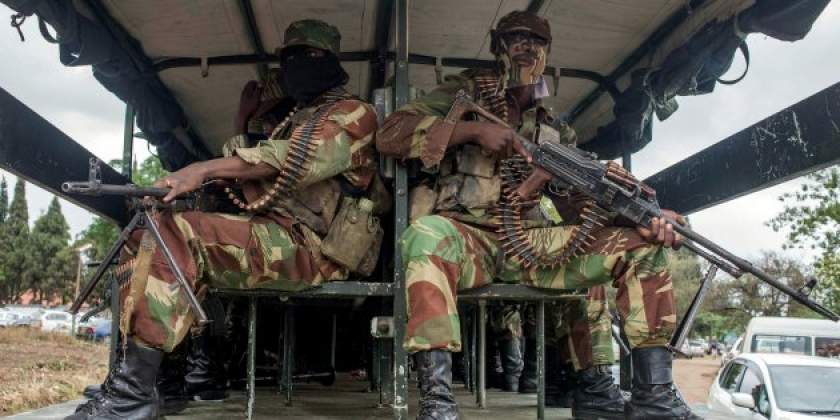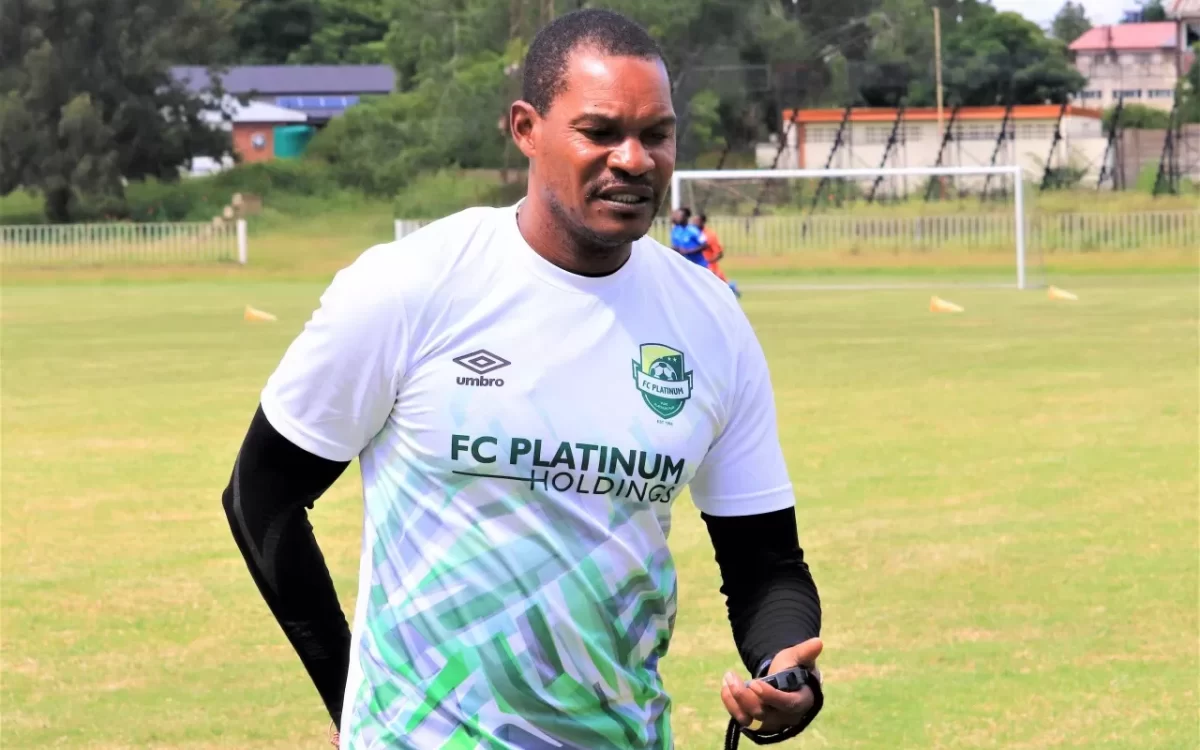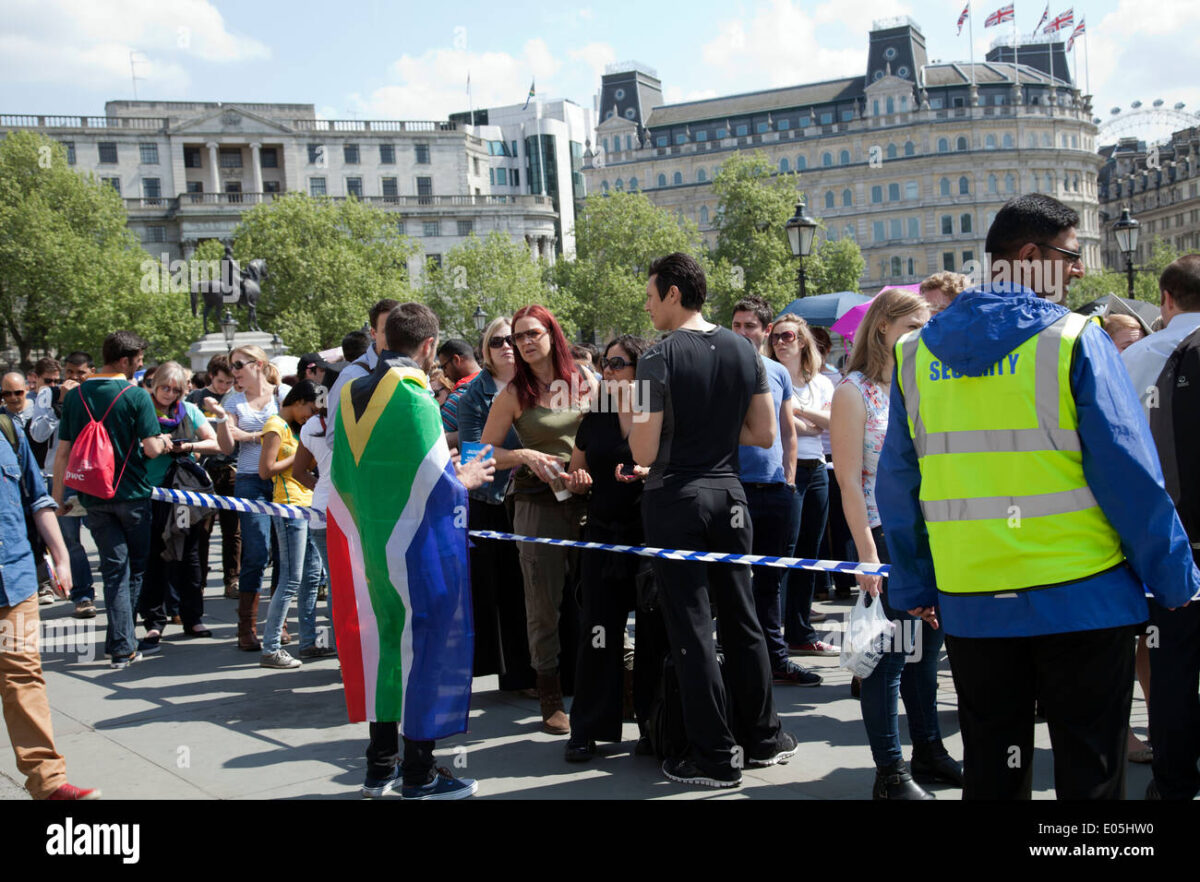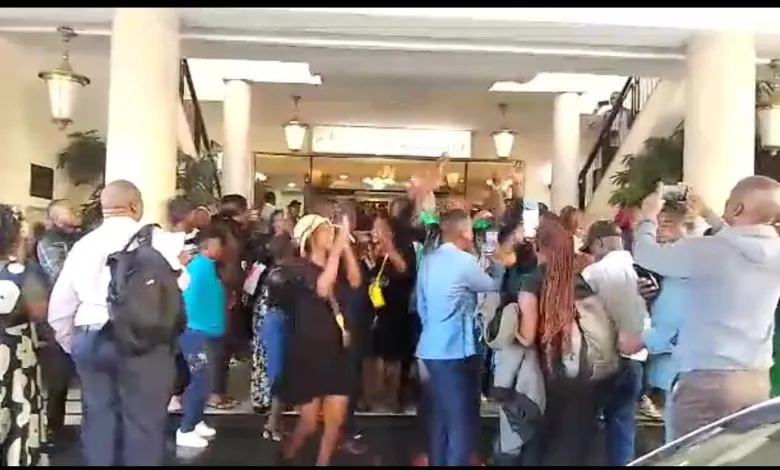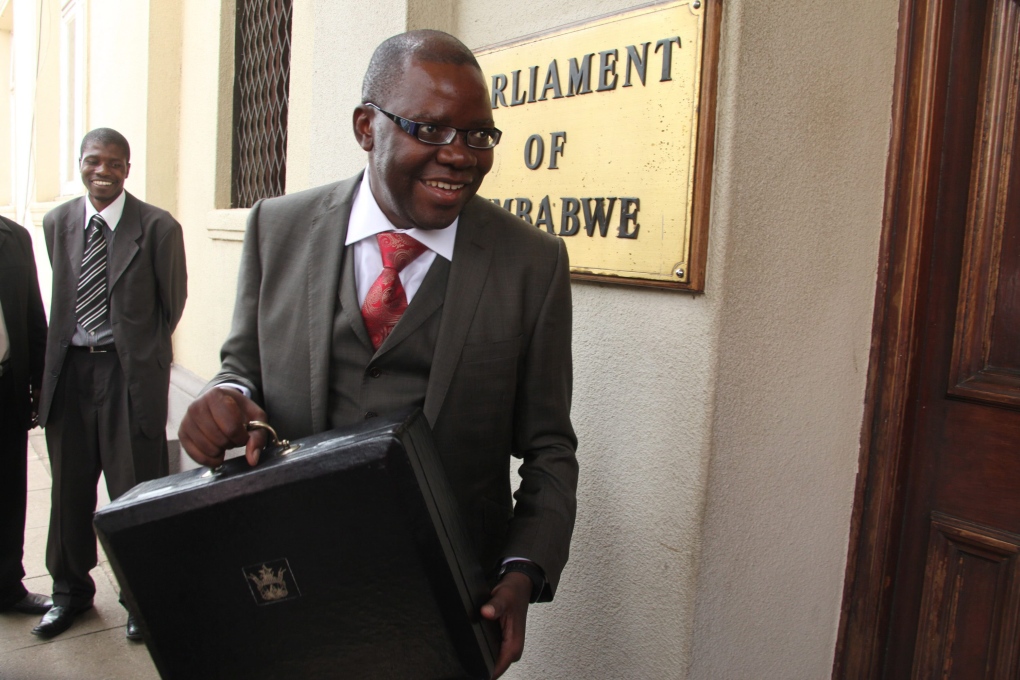HARARE – Chipinge East legislator Mathias Mlambo has raised alarm at possible attempts to intimidate voters by the Zanu PF-led government following what he said was the deployment of soldiers in his constituency.
Speaking in parliament this week, Mlambo said people in his constituency were now panicking over the deployment.
“We faced a challenge a few days ago when soldiers were brought to our area at Chikaide School,” he told the National Assembly on Friday.
“They left that place and went to Glass Flats; they camped behind the shops there but yesterday, people were phoning saying that has happened because the President has proclaimed the election date.
“There is training of soldiers going on targeting Chipinge East and Chipinge South. This is what is happening. We want to know whether soldiers have been deployed already.”
Responding to the opposition lawmaker, deputy speaker Tsitsi Gezi played down the issue saying the soldiers could just be going about the normal duties.
“They are just doing their duties, I thought you were complaining that they are beating people,” she said.
The involvement of the military in the country’s political processes always brings chills among locals who still have fresh memories of how the country’s territorial defenders have turned on citizens and brought some of the most indelible memories of atrocities in post-independent Zimbabwe.
Soldiers, according to Zanu PF opponents, have been used by government to intimidate, kill and maim people suspected of being opposition followers.
In 2008, soldiers were deployed in rural Mashonaland provinces ahead of the presidential run-off election in that year, to cause atrocities among people who were suspected to have voted then opposition leader Morgan Tsvangirai, who edged then President Robert Mugabe in an inconclusive first round of the poll.
In July 2017, Mugabe would turn around and tick off the same military for putting a spirited attempt to promote then vice president Emmerson Mnangagwa’s succession ambitions.
“The military has no right you know, to be interfering with the political processes,” Mugabe said at a Zanu PF Women’s League meeting.
Mugabe would in November of the same year be overthrown by the military to install Mnangagwa in his job.

